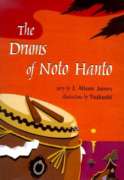
The people in a small village in ancient Japan manage to drive off the forces of a powerful warlord using only their ingenuity and the many different village drums.
Materials from Asia

The people in a small village in ancient Japan manage to drive off the forces of a powerful warlord using only their ingenuity and the many different village drums.
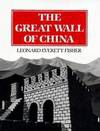
A brief history of the Great Wall of China, begun about 2,200 years ago to keep out Mongol invaders.
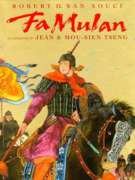
A retelling of the original Chinese poem in which a brave young girl masquerades as a boy and fights the Tartars in the Khan’s army.
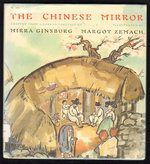
A retelling of a traditional Korean tale in which a mirror brought from China causes confusion within a family as each member looks in it and sees a different stranger.

Examines the building of the Great Wall of China and the thousands of years of conflict that preceded it.
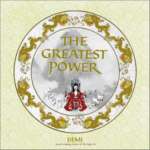
Long ago, a Chinese emperor challenges the children of his kingdom to show him the greatest power in the world, and all are surprised at what is discovered.
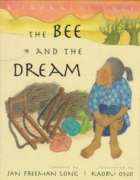
Shin buys his friend Tasuke’s dream from him and goes in search of the predicted fortune, only to be disappointed until, upon returning home, he receives a wonderful surprise.
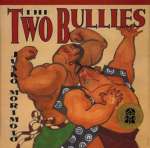
What happens with Ni-ou, the self-proclaimed “strongest fellow in Japan” rows to China to challenge his counter part, Dokkoi?
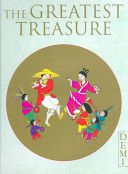
In a traditional Chinese tale retold by the creator of One Grain of Rice, a poor farmer receives a treasure of gold and discovers the true value of simple pleasures.